How to sterilize really old cast iron...probably 50 yrs + old
leibrook
16 years ago
Featured Answer
Sort by:Oldest
Comments (21)
asolo
16 years agoRelated Professionals
Beaufort Furniture & Accessories · Bridgeport Furniture & Accessories · North Bergen Furniture & Accessories · Reno Furniture & Accessories · Skokie Furniture & Accessories · Union City Furniture & Accessories · Fair Lawn Furniture & Accessories · Gages Lake Furniture & Accessories · Rancho Santa Margarita Furniture & Accessories · Jacinto City Interior Designers & Decorators · Hemet Kitchen & Bathroom Designers · Feasterville Trevose Kitchen & Bathroom Remodelers · Luling Kitchen & Bathroom Remodelers · Spanish Springs Kitchen & Bathroom Remodelers · West Palm Beach Kitchen & Bathroom Remodelerslindac
16 years agolynn_1965
16 years agoarley_gw
16 years agolindac
16 years agoianb_co
16 years agoFori
16 years agodanab_z9_la
16 years agojana_3
10 years agoawm03
10 years agotrangonfly
7 years agoMary Burdick
3 years agolast modified: 3 years agoChessie
3 years agoHU-571455657
2 years agolast modified: 2 years agosushipup2
2 years agoHU-571455657
2 years agosushipup2
2 years agoHU-796546571
last yearHU-796546571
last yearmaymay99
11 months ago
Related Stories

MODERN HOMESHouzz Tour: 800-Year-Old Walls, Modern Interiors in Provence
Old architecture and new additions mix beautifully in a luxurious renovated vacation home
Full Story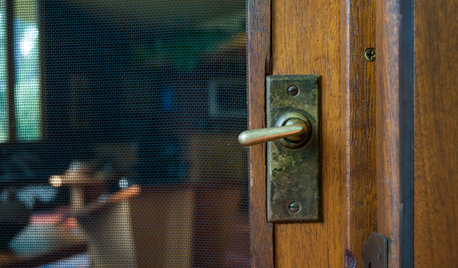
REMODELING GUIDESOriginal Home Details: What to Keep, What to Cast Off
Renovate an older home without regrets with this insight on the details worth preserving
Full Story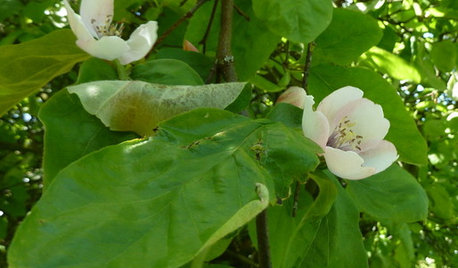
EDIBLE GARDENSWhy Grow Quince? For Beauty, Fragrance and Old-Time Flavor
Delightfully perfumed fruit and lovely spring blossoms make this apple and pear cousin worth a spot in the garden
Full Story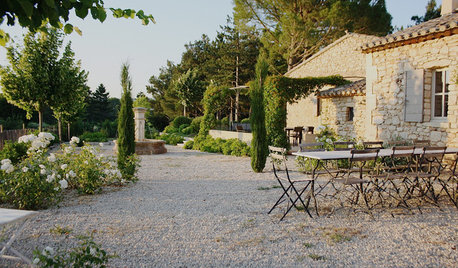
TRADITIONAL HOMESMy Houzz: A Centuries-Old French Estate Charms Again
Time and local artisans help a couple realize an idyllic French country retreat — and you can rent it
Full Story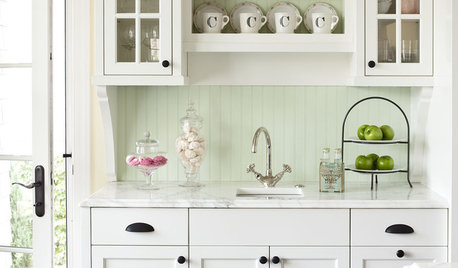
KITCHEN DESIGNModernize Your Old Kitchen Without Remodeling
Keep the charm but lose the outdated feel, and gain functionality, with these tricks for helping your older kitchen fit modern times
Full Story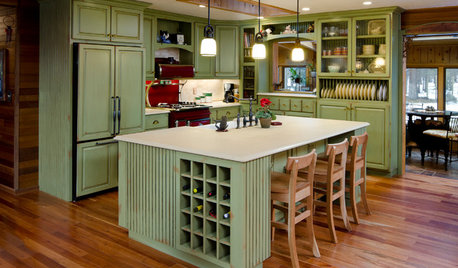
MOST POPULARHow to Reface Your Old Kitchen Cabinets
Find out what’s involved in updating your cabinets by refinishing or replacing doors and drawers
Full Story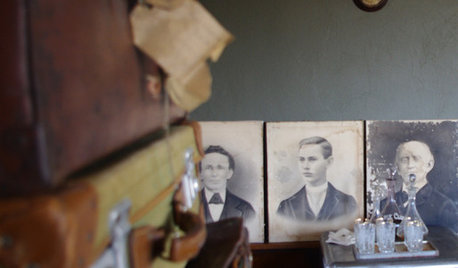
DECORATING PROJECTSWhat to Do With Old Family Photos
Find out how to research, share and preserve images that offer a connection to the past
Full Story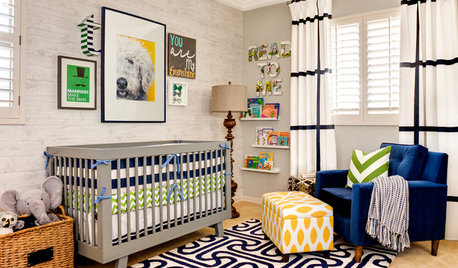
KIDS’ SPACESSee an Arizona Nursery That’ll Never Get Old
Age appropriate but not childish, this baby boy’s room will grow with him without a redesign
Full Story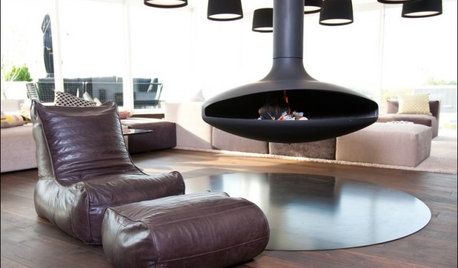
FURNITURE6 Decades-Old Designs That Look Better Than Ever
After getting a few nips and tucks, some favorites from the ’60s and ’70s have made a stylish comeback
Full Story
KITCHEN OF THE WEEKKitchen of the Week: New Kitchen Fits an Old Home
A designer does some clever room rearranging rather than adding on to this historic Detroit home
Full StorySponsored
More Discussions






danab_z9_la